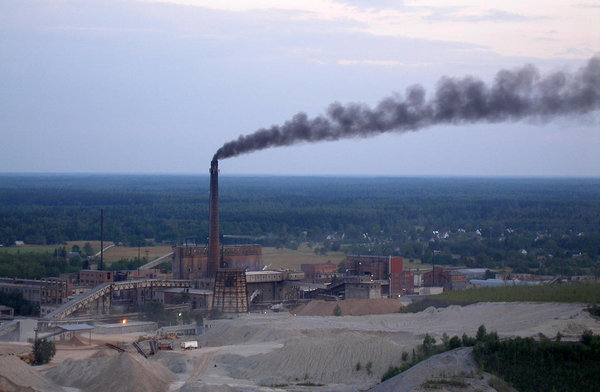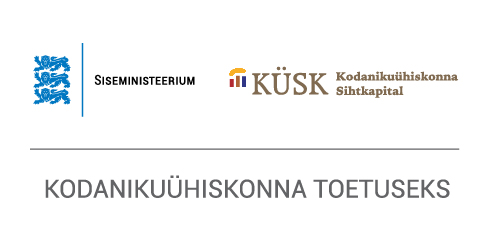The draft plan does not reflect the reality of the situation –crucial factors such as climate policy and the situation in the energy market have not been taken into consideration. Also, data necessary for directing the development of oil shale is missing and there are no practical solutions given for the present and future problems.
"Plans to rapidly continue oil shale mining without assessing the impact on the environment, health and socio-economic situation, is very short-sighted," says Siim Vahtrus, lawyer at the EELC. He adds: "The crude oil price fluctuations, the difficulties of oil shale industry, socio-economic problems in Ida-Viru region, changes in climate policies – all of this has a significant influence on oil shale industry and its future. However, these factors have not been analyzed or considered in the agenda of the new development plan. Such important decisions should not be guided by intuition, without analyzing the background and assessing impacts beforehand.”
Environmental organizations point out that oil shale industry has the biggest ecological footprint in Estonia, and it is based on the use of non-renewable raw materials. Its easily extracted resources will be exhausted very soon. "This means that the gradual reduction and unwinding of oil shale industry is necessary. The preparation for this smooth transition should begin already today, in order to avoid economic and social upheavals and costly environmental damage," explains Chairman of the Estonian Fund for Nature, Silvia Lotman.
As a result of the oil shale industry, creation of hazardous waste in Estonia is 40 times the EU average. The National Audit Office has also paid attention to this problem. For example, 50 million euros of taxpayers money have been spent on the elimination of pollution caused by waste from oil shale industry, whereas the Ministry of Economic Affairs allocated only 0.7 million euros last year for the development of new Ida-Viru industrial parks.
The exact impact of the new strategy on our groundwater is also unknown. 15 tons of water is wasted for mining one ton of oil shale. Implementing the development plan, 300 million tons of groundwater would be pumped out of the mines and essentially wasted in one year. This equals to about 20 times the volume of lake Ülemiste near Tallinn.
The NGOs signing the proposals hope that members of the Parliament do not hastily adopt the development plan that has major impacts on the quality of life in Estonia and instead are interested in more appropriate and up-to-date oil shale development plan, which takes into account both the interests of the industry and the future of all the Estonians.
The proposals for amendments were signed by Estonian Environmental Center, Estonian Fund for Nature, Estonian Association for Mineral Resources, Estonian Ornithological Society, Baltic Environmental Forum and others.
Proposals and comments are available (in Estonian) here : www.k6k.ee/files/P6KK_seisukohad_Riigikogule_23.02.16.pdf

